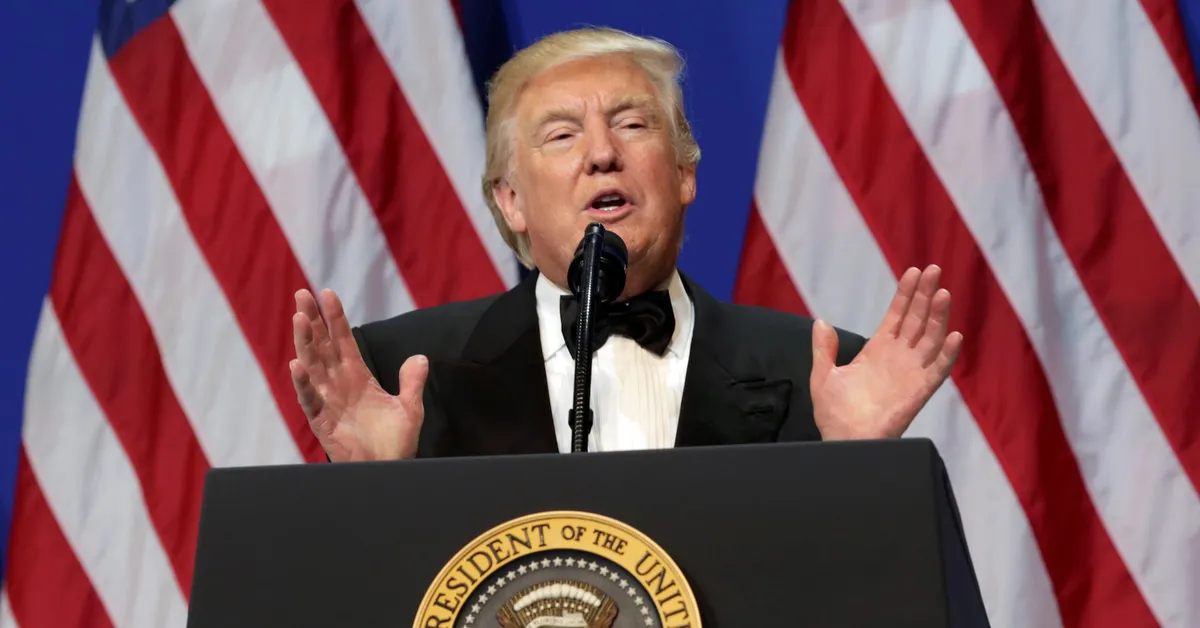
On June 22, U.S. President Donald Trump took to social media to express his views on the potential for regime change in Iran. This statement came shortly after the United States conducted military strikes targeting significant Iranian military sites over the weekend. Trump's comments have reignited discussions surrounding U.S. foreign policy in the Middle East and its implications for Iran.
In his post, Trump stated, "It’s not politically correct to use the term, 'Regime Change,' but if the current Iranian Regime is unable to MAKE IRAN GREAT AGAIN, why wouldn’t there be a Regime change??? MIGA!!!" His provocative wording has drawn attention from both supporters and critics, highlighting the complexities of U.S.-Iran relations.
The recent military strikes against Iranian military targets were part of a broader strategy aimed at curbing Iran's influence in the region. Following these actions, Trump's remarks suggest a willingness to reconsider the stability of the current Iranian government. As discussions about U.S. military involvement in Iran continue, the implications of potential regime change remain a contentious topic.
Trump's comments have sparked a variety of responses from political analysts, foreign policy experts, and the public alike. Some argue that advocating for regime change could lead to further instability in Iran and exacerbate tensions in the region. Others believe that a change in leadership may be necessary to achieve lasting peace and security.
As the situation continues to evolve, the dialogue surrounding regime change in Iran and U.S. military policy will likely remain at the forefront of international news. Trump's statements have added fuel to the fire, prompting discussions on the future of U.S.-Iran relations and the possibility of significant political shifts in the region.
For ongoing updates on this developing story, stay tuned to reliable news sources and follow the latest reports from journalists like Pete Schroeder and Susan Heavey.